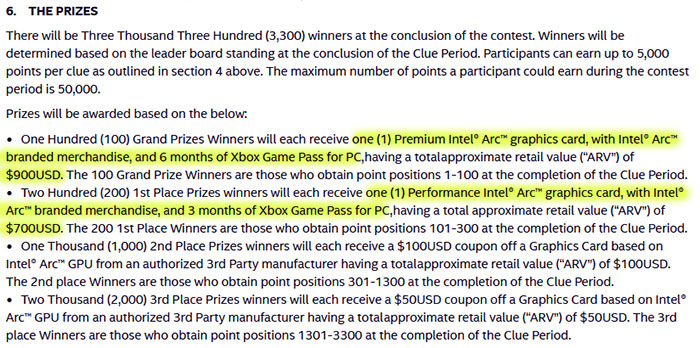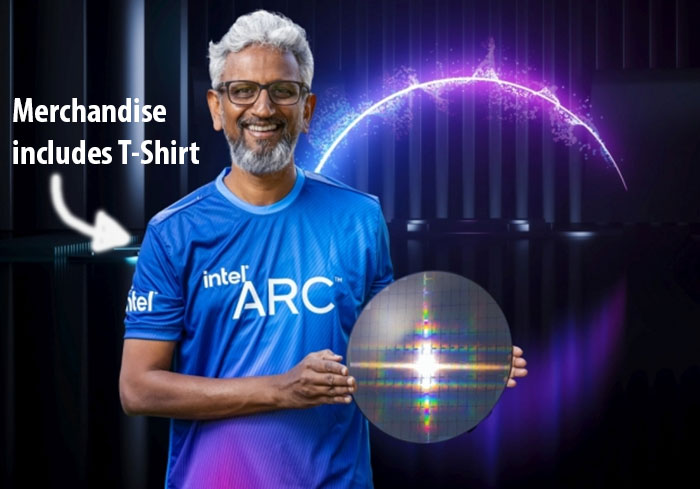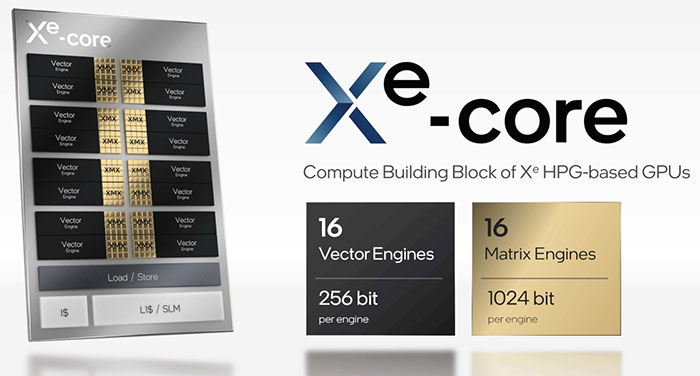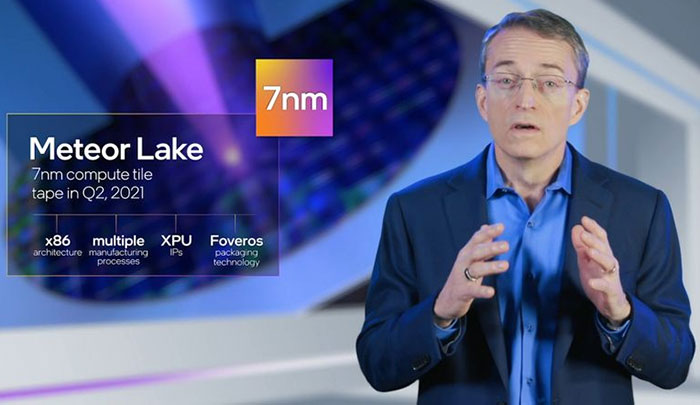The Intel Arc Alchemist graphics cards might not be released to consumers until Q2 2022, but it looks like Intel has provided some very early price indications in the small print of its ongoing Xe HPG Scavenger Hunt promotion. Tom's Hardware spotted that the prize giveaway rules and T&Cs provide "approximate retail value" figures for both the Premium and Performance SKUs. I think this kind of small print is required by consumer law in some countries.

Above you can see a screenshot of the giveaway Arc Alchemist T&Cs with the relevant sections highlighted. You can clearly see that the top prise (going to 100 entrants) is worth a total approximate retail value (ARV) of US$900. That includes a Premium Intel Arc graphics card plus 6-months of Xbox GamePass, plus some merch (like an Intel Arc T-shirt). Thus, the ARV of the GPU in the bundle is roughly US$800.
Doing the same kind of calculation with the Performance Intel Arc Graphics card (comes with 3-months Xbox GamePass and Intel merch) would indicate its retail value is approx US$630.

The above higher-end GPUs will probably be joined by a third more entry-level effort. Current lineup guesstimates suggest that the premium Arc A700 will have 512 EUs supplemented by 16GB of GDDR6, the performance model will have 384 EUs and either 8 or 12GB of GDDR6, and at the budget end of DG2 the Arc A300 will offer 128EUs with 4 or 8 GBN of GDDR6.

As per the intro, please remember that we are still several months away from launch and Intel could eaily significantly massage these prices before they go public.
Intel hitting roadmap targets – Meteor Lake
HEXUS reported on the Intel Q3 financial results release on Friday. Some interesting nuggets of info also came out via the investor call, shortly after the results were published. In a transcript published by Seeking Alpha, one can read the following key statements by Intel CEO Pat Gelsinger:
"I am happy to share that Intel 7, Intel 4, Intel 3, Intel 20A, and Intel 18A are all on or ahead of the timelines we set out in July. For example, on Intel 4, we said we had taped out our compute tile for Meteor Lake," boasted Gelsinger. "In this quarter, it came out of the fab and powered up, and within 30 minutes, with outstanding performance, right where we expected it to be. All told, this is one of the best lead product startups we have seen in recent memory, which speaks to the health of the process."

To provide some background / a recap on Meteor Lake, this will be Intel's 14th gen Core processor range. Meteor Lake features a compute tile architecture with performance and efficiency cores on multiple tiles stacked using Foveros technology. A Meteor Lake SoC will also include a GPU with up to 192 EUs, as well as essential I/O components and controllers. Meteor Lake is an 'Intel 4' product (previously Intel 7nm, as per screenshot above), and will have a TDP from 5W up to 125W, depending on platform. Before Meteor Lake arrives, we have the Alder Lake (12th) and Raptor Lake (13th) generations to get through.













